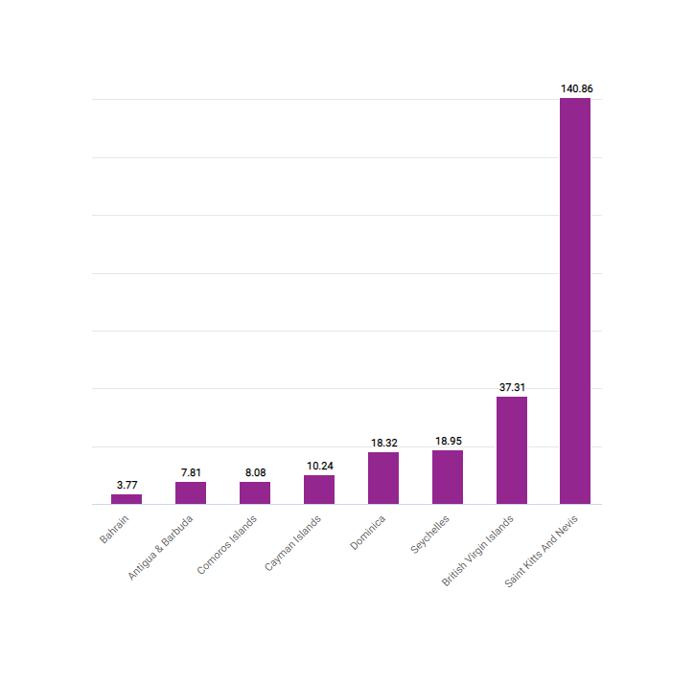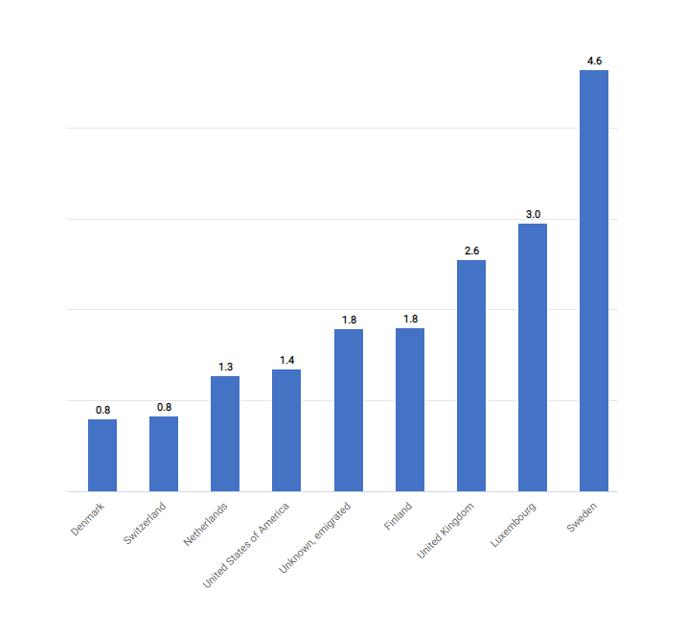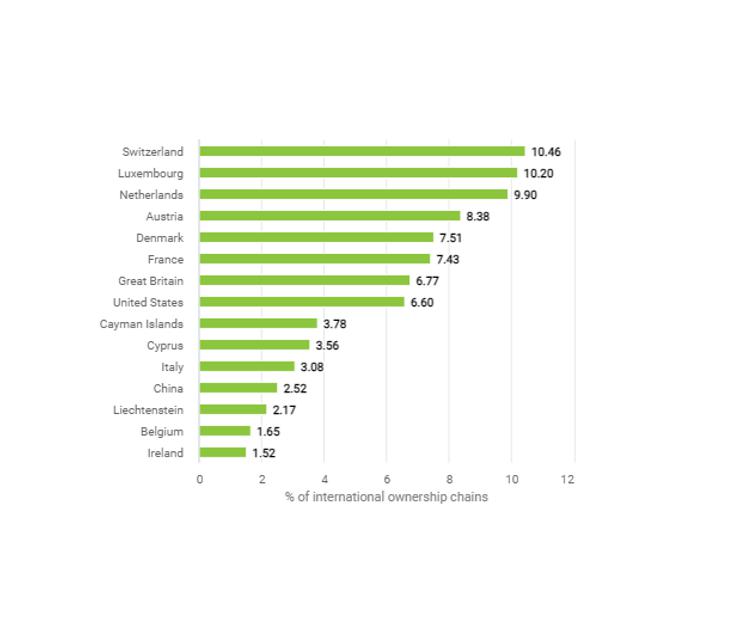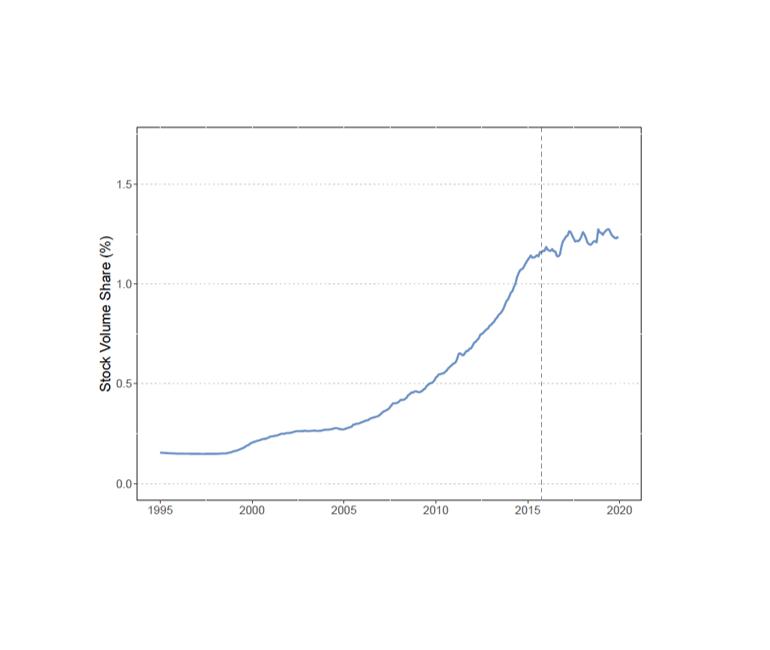Who owns offshore real estate? Evidence from Dubai cross-border real estate investments
The implementation of the global minimum tax in the EU
In the ongoing debates about the global minimum tax, its compatibility with EU law is frequently put into question. A key concern is that the income inclusion rule and undertaxed payments rule would restrict the fundamental freedoms of the EU such as the freedom of establishment and the free movement of capital. For example, the income inclusion rule would allow a country hosting the headquarter of a multinational to levy a top-up tax on the undertaxed profits of a foreign affiliate in a low-tax country. Legal scholars warn that the European Court of Justice might consider this an unequal treatment of domestic and foreign affiliates and thus a disincentive for the headquarter company to invest in another member state as for domestic affiliates no such top-up tax would apply. Several legal papers discuss proposals to make the minimum tax compatible with EU fundamental freedoms and come to different conclusions.
- Devereux et al. (2020) argue that substance-based carve outs are the most robust option for ensuring EU law compliance. The original paper can be downloaded from the website of the Oxford University Centre for Business Taxation. [PDF]
- Nogueira (2020) suggests that extending the GloBE measures to domestic situations would be the most efficient way of implementing it in the EU. The original paper can be downloaded from the website of the IBFD. [PDF]
- Becker and Englisch present the “avoider pays” principle (where the top-up tax is paid by the affiliate instead of the parent) as the preferable alternative. The original paper can be downloaded from the website of the Austrian Chamber of Labour. [PDF]
Substance-based carve outs
The current OECD proposal for a global minimum tax includes substance-based carve outs – a provision which allows multinational enterprises to reduce profits subject to the minimum tax by subtracting a certain share of payroll expenses and depreciation cost of tangible assets. The underlying idea is that profits that can be justified by real economic activity should not be subject to the minimum tax. According to Devereux et al. (2020), this would make the minimum tax more compatible with EU Law as the European Court of Justice has previously allowed member states to apply controlled foreign company (CFC) rules only to wholly artificial arrangements and might apply a similar reasoning to the income inclusion rule of the minimum tax.
However, carve outs would not only lower the revenue potential of the minimum tax significantly. They would also undermine its function of limiting the race to the bottom in corporate taxation. Read more about the revenue effects of carve outs here.
Extension of the minimum tax to domestic cases
Another way suggested to make the minimum tax more compatible with EU law, would be to apply it not only to cross-border but also to domestic situations. This might remove potential concerns about discriminatory treatment of resident and non-resident parties. Most authors assume that in domestic scenarios, the effective tax rate would not be below 15 percent so that a formal extension to domestic cases might trigger some administrative cost but no significant additional tax burden. Nogueira (2020) argues that if groups operating domestically would fall short of an effective tax rate of 15 percent, an extension of the minimum tax to domestic cases might even produce positive spill-overs by creating a level playing field for companies operating domestically and those operating in a cross-border scenario.
The avoider pays principle
According to Becker and Englisch (2021), compatibility with EU Law could also be achieved by formally shifting the obligation of the top-up tax payment from the parent company to the undertaxed subsidiary. The parent company would only be required to compute the effective tax rate for each member state in which its group operates, and those entities with undertaxed profits would themselves be considered the actual minimum taxpayers. The authors argue that this would remove the unequal tax treatment of domestic and foreign subsidiaries in the country of the parent company.
More legal studies on the implementation of the global minimum tax in the EU
De Broe, L., Massant, M. (2021). Are the OECD/G20 Pillar Two GloBE-Rules Compliant with the Fundamental Freedoms? EC Tax Review 30(3): 86-98. [link to the EC Tax Review’s website]
Englisch, J. (2021). Designing a Harmonized EU-GloBE in Compliance with Fundamental Freedoms. EC Tax Review 30(3): 136-142. [link to the EC Tax Review’s website]
Schmidt, P. E. (2020). A General Income Inclusion Rule as a Tool for Improving the International Tax Regime – Challenges Arising from EU Primary Law. Intertax 48(11): 983-997. [link to the Intertax website]
Scherleitner, M. (2021). Should the EU implement a minimum corporate taxation directive? Business + Economy Woking Papers 2/2021, Aalto University. [link to the Aalto University’s website] [PDF]
References
Becker, J. & Englisch, J. (2021). Implementing an International Effective Minimum Tax in the EU. Materialien zu Wirtschaft und Gesellschaft Nr. 224, AK Wien.
Devereux et al. (2020). The OECD Global Anti-Base Erosion (“GloBE”) proposal. Oxford University Centre for Business Taxation, January 2020.
Nogueira, J. (2020). GloBE and EU Law: Assessing the Compatibility of the OECD’s Pillar II Initiative on a Minimum Effective Tax Rate with EU Law and Implementing It within the Internal Market. World Tax Journal August 2020.
This might also interest you
Hidden in plain sight: Offshore ownership of Norwegian real estate
The role of anonymous property owners in the German real estate market: First results of a systematic data analysis
Homes incorporated: Offshore ownership of real estate in the U.K.



